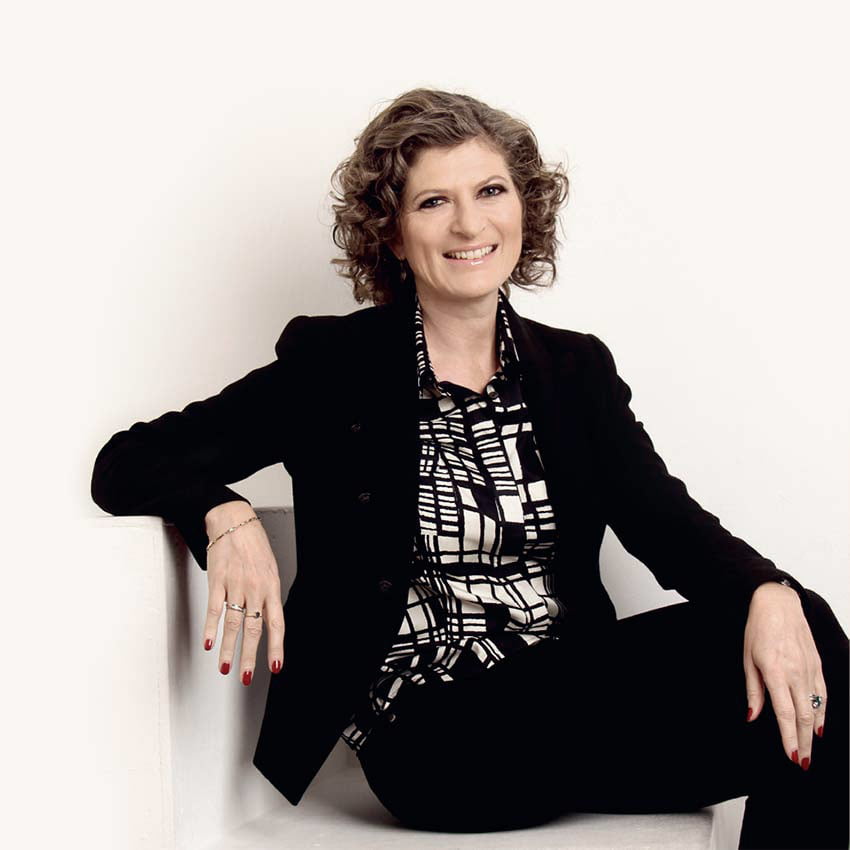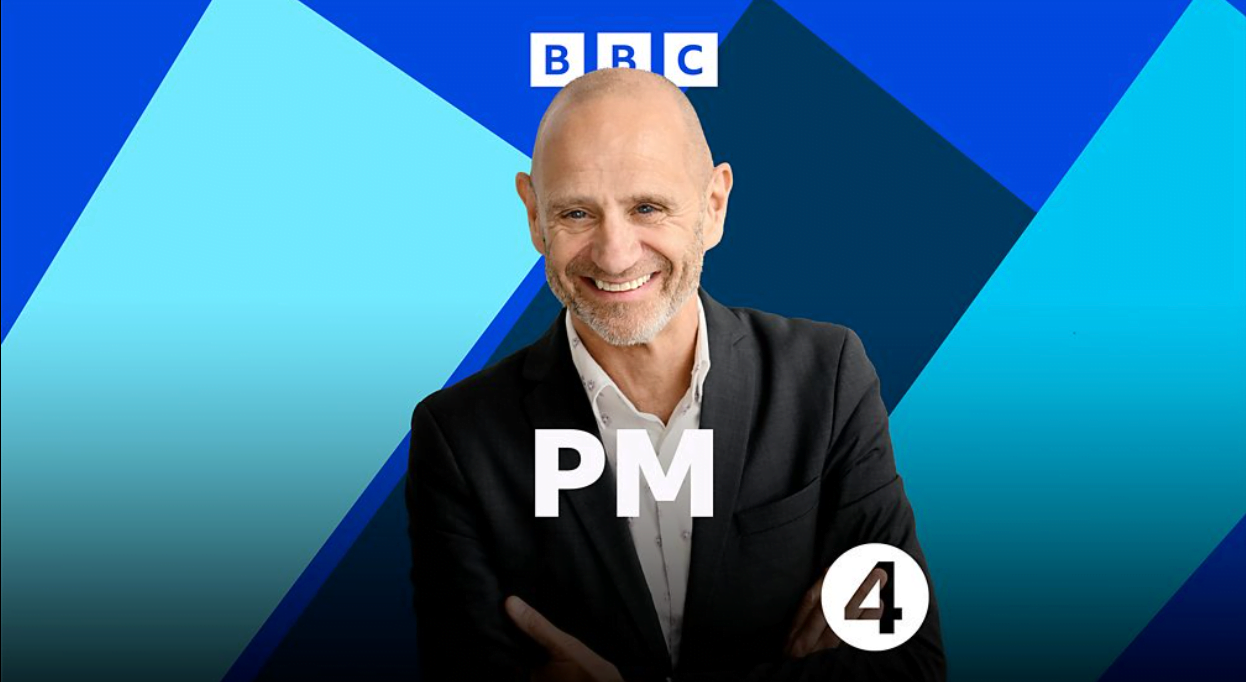
How photos from the G7 summit show the glaring gender authority gap
By Mary Ann Sieghart
Imagine two professional women, one with a doctorate in education, the other a senior communications executive. What are you envisaging them doing? Discussing strategy at a conference? Giving a presentation at a meeting? Sorry, I should have warned you. They’re appendages, of course, so their only roles are to hold their husbands’ hands and be pictured cooing over a baby.
Yes, this may be 2021, but it doesn’t always feel like it. The images from the G7 summit of Carrie Johnson and Dr Jill Biden paddling in the surf in incongruously smart dresses while Wilf looks on in his nappy played into tired old stereotypes that many of us hoped would have vanished by now. I noticed that Angela Merkel’s husband, Joachim Sauer, a professor emeritus of physical and theoretical chemistry, wasn’t expected to join in.
Surprisingly little has changed since Cherie Booth, a senior QC who came top in her Bar exams, found herself the Prime Minister’s wife after her husband, Tony Blair, won power in 1997. “That was a bit of a shock!” she admitted to me in an interview for my book, The Authority Gap. “Because suddenly I found I wasn’t supposed to have a voice or opinions, or indeed to do anything apart from look after the Prime Minister.”
‘We accept that the royal family will be several decades behind the rest of us, but why should the world of politics be too?’
In her first couple of years at No 10, Britain hosted a handful of summits, and she found herself in a tussle with senior officials. “First of all, they insisted that I had to be called Cherie Blair because right up until then, I’d been Cherie Booth. We had the European Council in 1998 and they still had a spouses’ programme. Having done the Commonwealth Heads of Government Meeting, in which we had a fashion show and cooking, I thought that’s insulting, I’m not presiding over that programme again. So I got NSPCC and Barnardo’s to talk to us about different attitudes towards disciplining children. But the question was, what was I going to be called? And I said, ‘Cherie Booth QC’, and they said, ‘No, no, no, if you say that, none of the women will know who you are. You’ve got to be Blair.’ When they all turned up, the Spanish Prime Minister’s wife used her maiden name, and so did the Scandinavians. So the Foreign Office had basically lied to me.”
As an experienced barrister, she was used to public speaking and refused to be silenced the way previous Prime Ministers’ wives had. But she had to choose her subjects with great care, safe issues because they were seen as female: the role of women, work/life balance, stuff about kids. “Still,” she told me, “You’d turn up and say something and all they’d want to talk about was what you were wearing, which is a bit insulting if you’re an intelligent woman, because you don’t expect to be judged by your clothes.”
We accept that the royal family will be several decades behind the rest of us, but why should the world of politics be too? Why do political wives (but not generally husbands) have to suffer the humiliation of the cringey photoshoot? Why do we dissect what they wear and how they do their hair, while our own Prime Minister can get away with disgracefully ill-fitting suits, a belly hanging over his waistband and hair that hasn’t been brushed since he was a schoolboy (if then)?
It’s all because, however much lip service we pay to gender equality these days, we still instinctively find it easier to accord authority to men than to women. And we still instinctively find it easier to associate women with bringing up children and being an attractive clothes horse. There is still what I call an authority gap between women and men.
And that’s why, when the Prime Ministers of India, Australia, South Africa and South Korea joined the G7 and EU leaders in Cornwall, there were 11 men and just two women. In these supposedly representative democracies, only 15 per cent of people in charge are female.
Many of us have an unconscious bias against powerful women. In fact, studies show that the idea of a ‘power-seeking’ woman (which all politicians have to be if they are running for office) fills people with feelings of moral outrage, revulsion and disgust.
When the Booker Prize-winning novelist Bernardine Evaristo talked to a male interviewer recently about her ambition, he was shocked. She told me the story. “He said, ‘Oh my God, you’re power mad!’ He was joking. But he wasn’t really,” she explained.
“What does ‘power mad’ mean?” she asked. “And why are we as women accused of being power mad when we’re just being strong and powerful? There’s nothing mad about it: we want to have agency, don’t we? We want to have a say in how the society is run. We want to be a voice and to be heard, and to make things happen. And in order for that to happen, we have to be powerful. So it’s something to aim for. And it’s positive and it’s good and it’s great. It’s only if you abuse your power that that’s a negative thing.”
We have to find a way of admiring and cheering on powerful women so that they can do good in the world. We have to stop recoiling at the idea, preferring to see them as appendages of their partners. We need to celebrate capable, competent, confident women. For while we continue to feel queasy about them wielding authority, the authority gap will never close.
Originally appeared in Penguin Random House.







